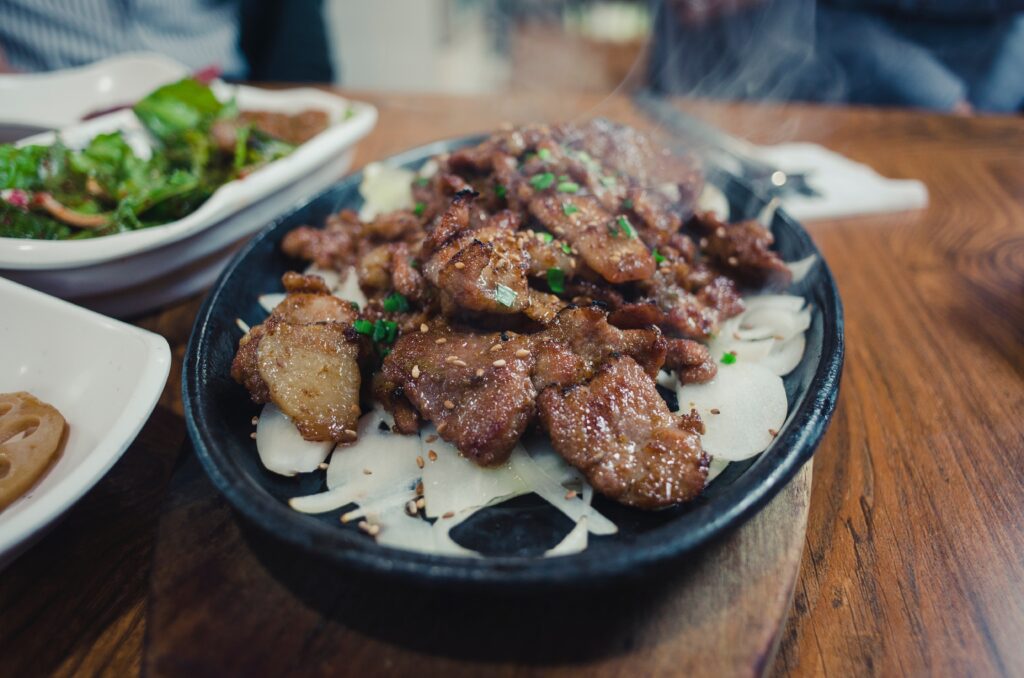National nutrition week is a health initiative by the Government of India to raise awareness on nutrition. It is celebrated each year from 1st to 7th September and is aimed at raising awareness about the importance of nutrition at all the stages of life. The theme for this year is \”feeding smart right from the start\”.
This theme is aimed at emphasizing on the importance of nutrition during infancy and childhood. As this stage forms the pillar of overall health of an individual in the later stages of life, it is of utmost importance. Nutrition in the first 6 months in the form of exclusive breastfeeding can be the most wisest decision by a mother. It not only provides immunity in those early days but also provides protection towards a host of other diseases during adulthood. It is evident through several researches that kids who are breastfed exclusively for first 6 months are less prone to allergies and infections than kids who are not.
After the completion of 6 months starts the weaning process (initiating foods in addition to mothers milk). This is the stage which comes with confusion, at times intrusion by senior family members coupled with lack of education in selection of correct weaning foods. There are several myths associated with weaning and on account of national nutrition week we would like to address these myths and also highlight the related facts:
- Myth: Packaged baby food is healthy and nutritious for the infant.
- Myth: Rice water (also known as kanji/ pej) is a good weaning feed.
- Myth: Soups are a healthy option to be fed 4-5 times a day.
- Myth: All foods should be given in pureed form.
- Myth: Starchy vegetables may not be tolerated well by infants.
- Myth: Infants should be given higher amount of fats in each feed for better growth.
- Myth: Non-veg food items should not be fed as they may not be tolerated well.



